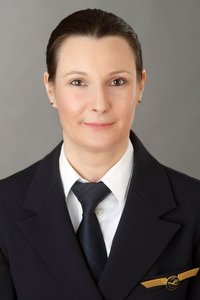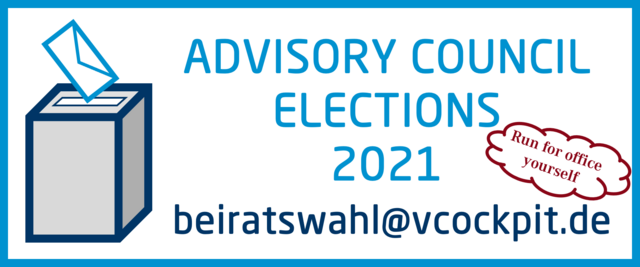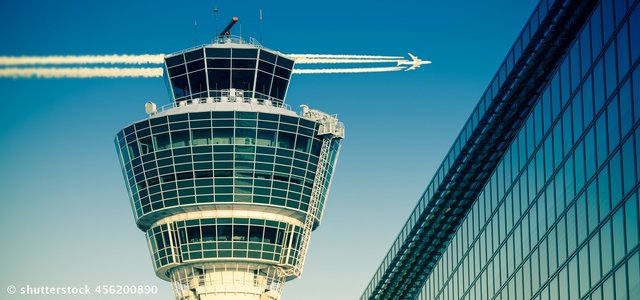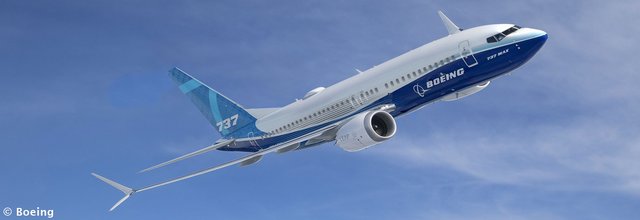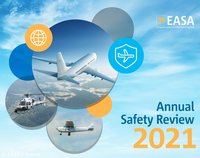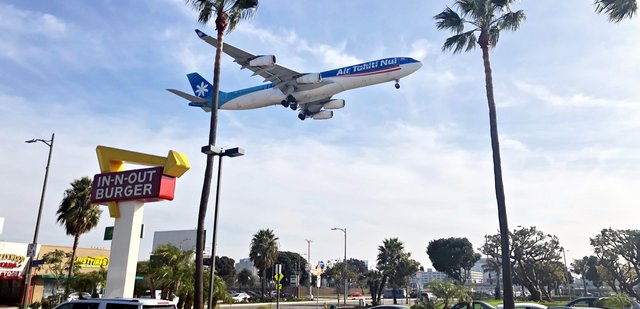
| Newsletter | 2021/15 EN |
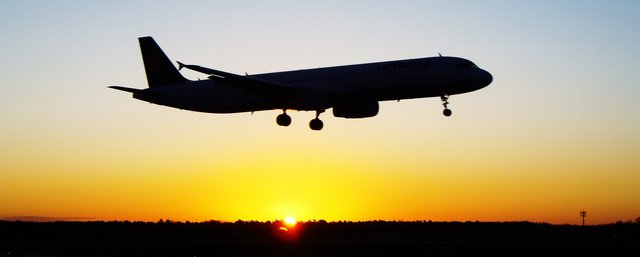 |
Dear Members,A decisive factor for safe work on the flight deck is confidence in your own abilities. Lacking routine due to irregular flights requires increased preparation to make yourself fit for flight operations.
|
Another important prerequisite is, of course, that the concerns expressed do not go unheard. The VC employees as well as those VC members active in various areas from councils and committees to flight safety to press and public relations are our common mouthpiece. But above all VC lives from the participation of its members. Let's create a comprehensive "Shared Situational Awareness" through exchange, so that we can recognise grievances in the different areas and effectively draw attention to them!
Speaking of awareness: An important control body to identify and address possible problems within VC is the Advisory Council. Elections are coming up soon for this direct representation of all members vis-à-vis the board (see article below). Please cast your vote and also consider running for office yourself! Because VC lives from our joint commitment.
You received the call for candidates for the Advisory Council by email in July. After the Executive Board, this is the second election for a VC body that is independent of individual airlines. The Advisory Council is the link between you as members and the Executive Board. The number of seats per AOC depends on the number of VC members in the respective airline.
Since the Advisory Council only meets every two months, committees are formed. These are:
Legal Committee:
The Legal Committee deals intensively with legal issues and thus prepares the decisions of the Advisory Council. For example, members whose application for legal protection has been rejected can appeal to the Council. The Council can then request the Executive Board to decide on the application again. You can find more details in the Legal Protection Regulation in the internal area of our website at Members - Legal Matters - Structure.
Finance Committee:
The Finance Committee coordinates the tasks of the Advisory Council concerning finances. This includes the approval of the budget and its amendments. This committee thus facilitates decision-making at the Advisory Council meeting itself.
The Advisory Council is led by the Executive Committee GfA ("Geschäftsführender Ausschuss"). It comprises a chairperson - currently Carolin Bach - and four deputies. The GfA acts as a point of contact between the Council meetings, prepares these meetings and also participates in Executive Board meetings in an advisory capacity.
A special task of the Advisory Council is the election of the Chairperson Industrial Relations on proposal of the Executive Board, currently Marcel Gröls. He shapes VC collective bargaining policy by coordinating the cooperation between the company councils (Tarifkommissionen) and our full-time staff (Tarifreferenten).
The Advisory Council also has to approve the fortunately rare expulsion of members from VC or their repeated re-entry. The term of office is three years. Details on the tasks of the Council can be found in §6 of the statutes.
We intend to give you a small insight into the various tasks and topics of the Advisory Council with this article and would be pleased if you followed our work and supported it with a high election turnout.
Of course, we would also like to encourage you to think about running for a seat on the Advisory Council yourself. If you are interested: the deadline is 1 September 2021, 12:00 CEST. Further information is available at beiratswahl@vcockpit.de.
If you have further questions about the work of the Advisory Council, you are welcome to send us an e-mail to beirat@vcockpit.de.
 |
VC positions: Prevent dumping prices / Rethink EU slot rules
We have recently taken a public position on the two political issues of regulating dumping ticket prices and the EU's new slot plans.
It is largely undisputed that rock-bottom prices in air transport lead to distortions of competition, as they do not reflect the real costs of air travel and are thus realised on the backs of workers and the environment. We reject such offers and support calls for the prevention of dumping prices in air transport by means of EU regulation. This should stipulate that all taxes, surcharges, fees and other charges must be included in the ticket price.
To the press release: End dumping prices in aviation - air travel has its value
Together with our colleagues from the cabin union UFO, we are also pushing for a more realistic view of the EU Commission when setting slot rules. Current plans call for airlines to use at least 50% of their slots in the 2021/2022 winter schedule in order to safely carry them over into the 2022 summer schedule. "We must avoid empty flights," says VC President Stefan Herth. "From an environmental perspective, the 50% rule adopted by the EU is incomprehensible. In addition, the industry and thus the security of hundreds of thousands of jobs in Europe are being put at risk completely unnecessarily. The EU Commission must be realistic at this point. The crisis is far from over and the aviation industry needs political backing."
To the press release: UFO and VC express concerns about EU Commission Slot Plans (in German)
 |
Thoughts on the B737MAX
The 737MAX in the view of the past two years: two total losses, one and a half years of grounding, an unprecedented, international revision and the questioning of the certification process of aircraft derivatives in general. Now is the right time for Frank Müller-Nalbach and Carsten Banach of our Aircraft Design & Operation Working Group to take a look in two directions: What has happened in detail so far? And what are the findings and their implications for the future certification of commercial aircraft?
To the VC Info article: Thoughts on the B737MAX (in German)
EASA Annual Safety Review 2021The EASA Annual Safety Review 2021 has been published. It contains well-prepared data sorted into relevant categories (e.g. "Aeroplanes", "Helicopters" or "Aerodromes and Ground Handling"). It thus provides a statistical summary of aviation safety in the EASA member states and shows the most important challenges facing European aviation today from EASA's point of view. |
By and large, the report shows that while the flight safety system remains resilient despite the extraordinary challenges, it is under pressure. The overall safety picture in EASA member states is relatively stable. Due to the unique situation, EASA also says that it is much more difficult to make the usual comparisons with previous periods and that the ability to provide an overview and draw definitive conclusions on the safety performance of the European aviation system is hampered.
New OPS Group Briefings
According to EASA SIB 2018-06, "82 events of incorrect airfield approaches and landings" occurred in Europe between 2007 and 2017. Such approaches and landings often happen due to inadequacies in the briefing and optical illusions or confusion.
To the article: Wrong Runway, Wrong Airport, Wrong Country
Nobody likes it, but it does happen from time to time: fire on board. The following briefing shows frequency of occurrence, urgency of action and options for dealing with fires on board:
 |
News from Associations, Organisations and Regulators
ICAO
- ICAO and Forest Trends Ecosystem Marketplace have entered into a data and analysis agreement for carbon markets. This is intended to make the CORSIA programme more transparent, increase the understanding of states and stakeholders and thus strengthen confidence in the programme as a whole. More information is available here at ICAO.
 |
